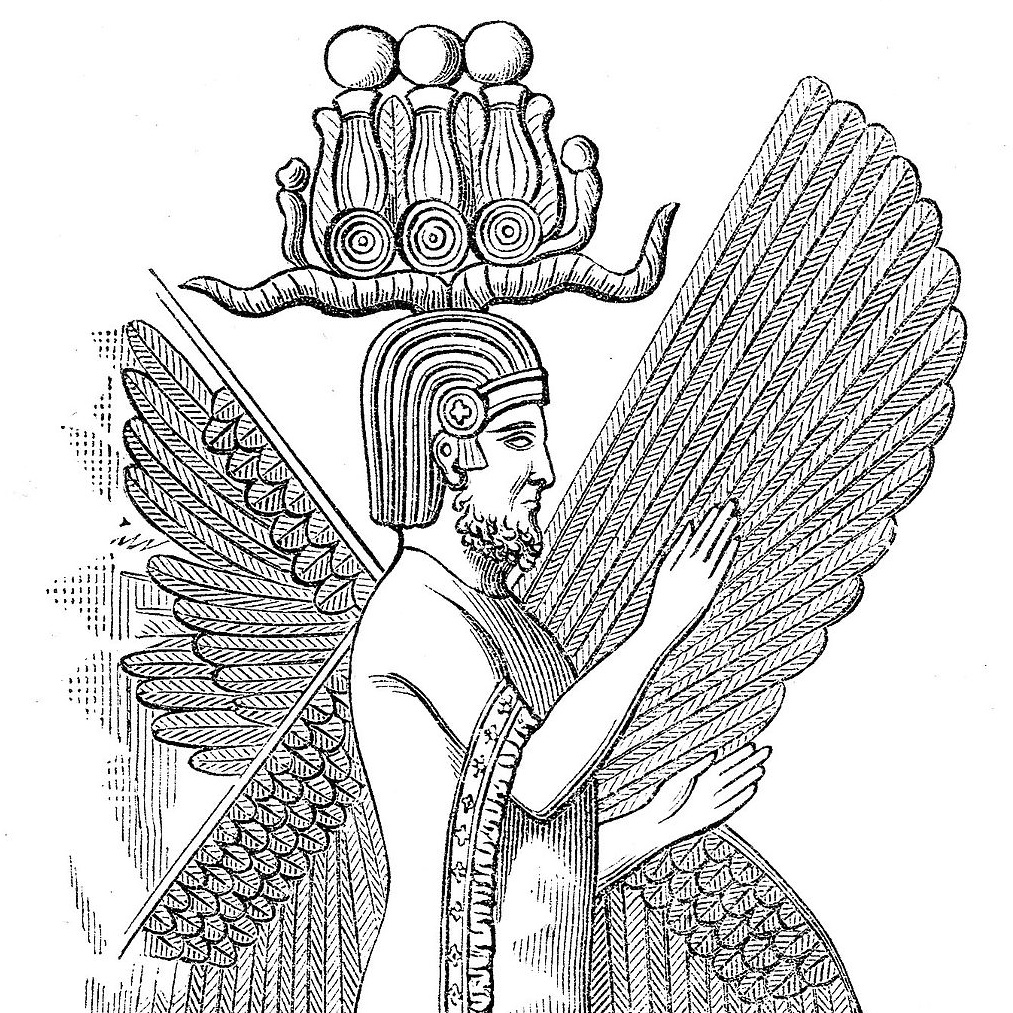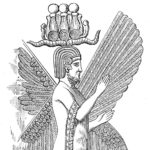The historical King Cyrus of Persia (modern day Iran) features prominently in Scottish Rite Masonic Degrees. This leader who often is given the title “The Great” was a leader of the Persian Empire renowned for his military and governmental prowess. But did you know that he was referred to as “Messiah” in the Hebrew Scriptures?
It seems hard to believe, but it is true. Actually there have been MANY people given this title in Hebrew Scriptures whether Jewish or not. Examples are every Temple High Priest (Leviticus 4:3), the Aramaic King Hazael (1 Kings 19:15), the Prophet Elisha (1 Kings 19:16), the Judges of Israel, and many others.
In Isaiah 45:1, King Cyrus is actually identified as being The G-d of Israel’s Messiah and His human arm to conquer many nations. But one might ask how this title could be given to someone who is not a priest, not a Jew, and not a believer in the G-d of Israel? The answer is actually surprising – it is similar to how someone becomes a proponent of a sports team from a different state than their own residence.
Cyrus The Great was tremendously successful militarily, and in expanding and managing his empire. Similar titles to “Messiah” were given to him by the Priesthood of Marduk (Babylonian) as well as the Egyptian Priesthood. This was typically because the goodwill of Cyrus led to the rebuilding of the temples of these various religions and cultures. The Babylonian cylinder known as “The Cyrus Cylinder” tells the tale of how the Babylonian god Marduk worked hand-in-hand with the Persian Cyrus to liberate the Babylonian people from a successful coup and restored the traditional Babylonian worship in the temples.
The title of Messiah was historically granted through acts of religious self-justification. How could these various systems that actually stood in enmity with each other over whose gods are most powerful ALL recognize Cyrus as their Messiah? The answer is simple: if Cyrus is successful, it is concluded that the local god MUST be on Cyrus’ side. It might be akin to two different people from two different states praying to G-d that their baseball team would win the World Series. In the end, one person feels assured that G-d is on their side because their team won, and the other person feels assured that G-d is on THEIR side because He has a bigger plan in store for them.
What is the overall lesson concerning “Messiah”? Perhaps it is that the man is NOT the title, but rather the title is granted by someone TO the man for their own justifiable reasons.


